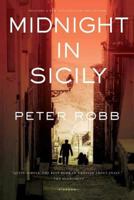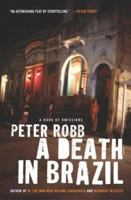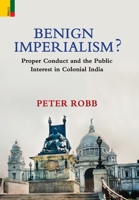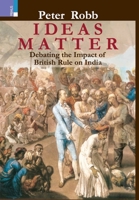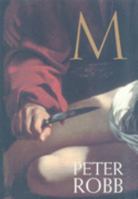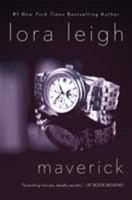More by Peter Robb
Book Overview
Deadly Sins Lora Leigh Witnesses to a shocking crime, three men must face the dangers of the past to unlock the passion in their hearts... Logan Callahan has fought hard to forget what happened that fateful day, so long ago. But every night he tries to sleep, he relives the nightmare. Every time he closes his eyes, he sees the woman whose life he could not save... A newcomer in town, Sky O'Brien is a mystery to Logan. Like him, she is a night owl. Like him, she is fighting her own demons. Like him, she hides a secret in her eyes--a fire that consumes him with every glance. Could she be the one to heal him? When Logan's ex-girlfriend is brutally murdered, his past implicates him as suspect--and his new neighbor Sky may be the only person he can turn to. Together, they share an attraction that can't be denied. But as he searches for the real killer, he discovers that Sky is tracking down a murderer too--and she intends to use him to do it...
Format:Mass Market Paperback
Language:English
ISBN:0312389094
ISBN13:9780312389093
Release Date:February 2012
Publisher:St. Martin's Press
Length:378 Pages
Weight:0.42 lbs.
Dimensions:1.0" x 4.1" x 6.7"
You Might Also Enjoy
Customer Reviews
5 customer ratings | 3 reviews
There are currently no reviews. Be the first to review this work.













